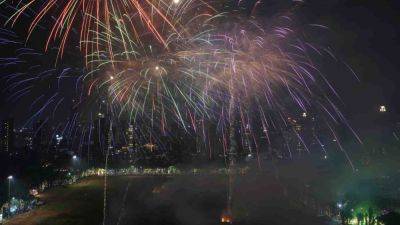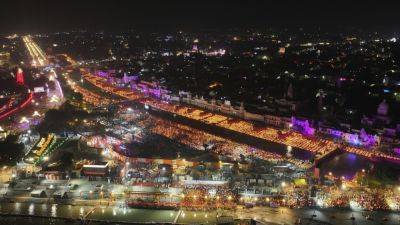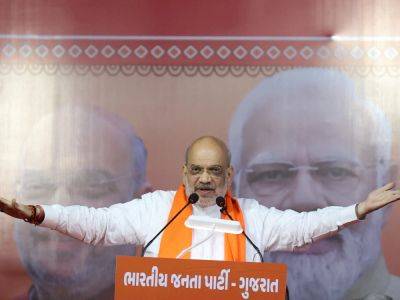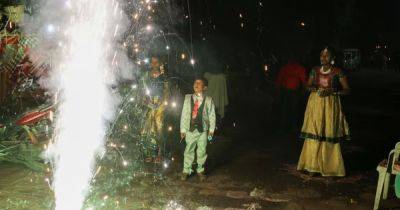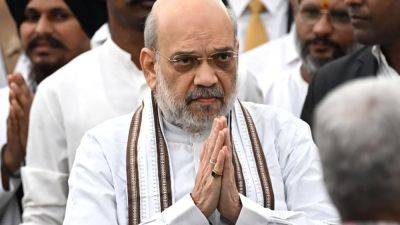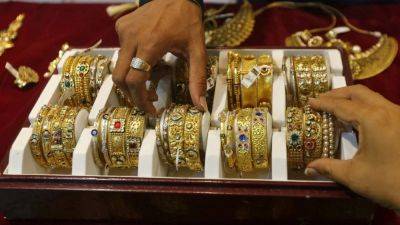Use of smoke-emitting firecrackers renews air pollution debate in India’s capital ahead of Diwali
NEW DELHI (AP) — As India gears up for Diwali, the Hindu festival of lights, people are divided over whether they should celebrate by setting off firecrackers, which worsen the country’s chronic air pollution.
Diwali, which will be celebrated Thursday, is marked by socializing and exchanging gifts with family and friends. Many Indians light earthen oil lamps or candles. But every year the festivities are tinged with worries over air pollution, as smoke-emitting firecrackers cause toxic smog that can takes days to clear.
The capital, New Delhi, which is among India’s worst cities for air quality, is particularly impacted by the problem and is usually shrouded in toxic gray smog a day after Diwali. Authorities there and in some other states have banned the use and sale of firecrackers since 2017, asking people to opt for more sustainable options like environmentally friendly firecrackers and light shows, but the rule is often flouted. Firecrackers can be easily bought from roadside stalls and stores.
Some residents in New Delhi say the ban doesn’t make much difference, while others see it as a necessary measure to fight pollution.
Vegetable vendor Renu, who only uses one name, loves celebrating Diwali in the city. Every year her kids set off firecrackers at night. She tells them to be careful but not to refrain from using them.
“Diwali is a day of celebration and happiness for us which comes only once a year, and I feel the ban should not be there,” she said.
Others are against it.
Unlike most kids, Ruhaani Mandal, 13, doesn’t light firecrackers. She acknowledges it is fun, but says it is hazardous for people and animals.
“I have seen firsthand the struggle of my father, who has lost his sense of smell due to pollution, and I


